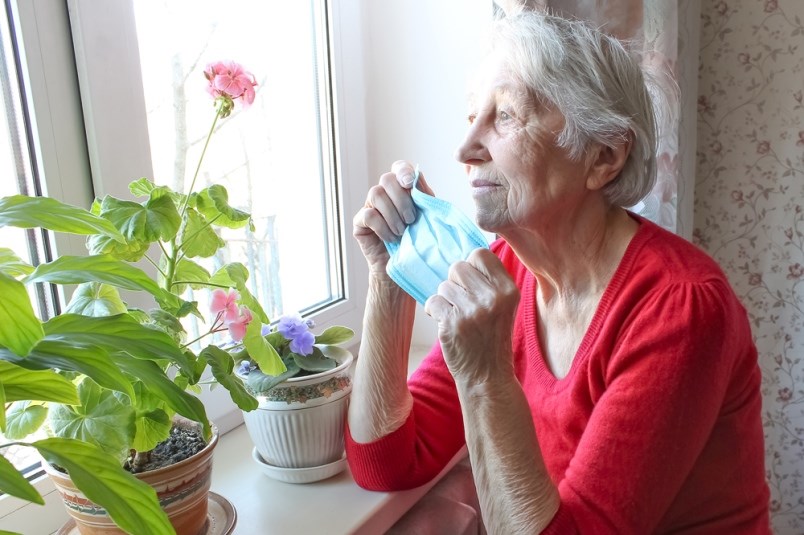It will surprise nobody that too many of our elders live without the social nourishment most of us take for granted. This is so wrong, as we are social creatures who need each other as much as we require air and sunlight.
Too, we know what happens during periods of prolonged loneliness. We become stressed. Anxious. Even fearful. We understand that viscerally now, in these plague days. I won’t even go into self-harming behaviours like substance abuse that frequently attend long stretches of unhappy solitude.
How, then, can we explain why so many of our seniors live in a state of isolation and social starvation? And why, despite the known consequences of those states, we allow the situation to continue. After all, making things better is entirely within our power.
I should add that as we tighten our family circles and shelter during this awful pandemic, the distancing of our elders is increased. It is my view that in the typical Western “discard the elders” model, everybody loses psychologically one way or another. And physically.
Consider an expression that gets tossed around too frequently, and that is just as frequently misunderstood: “cognitive dissonance.” It is used a bit like folks employ the word “schizophrenic” to describe someone who holds more than one position in an argument.
When we are in a state of cognitive dissonance, we believe one thing but act as though we believe its opposite. This puts us into a state of inner tension, which must eventually be resolved – not least because of the stress and anxiety it causes. These are psychological states with lasting consequences.
In the current example, we likely believe it best to draw our seniors closer but, too often, we do not. Thus, we enter a place of denial and tension. And the senior members of our families? They too suffer not only social loss but deeply psychological and lasting physical consequences.
The chronic low-level tension and stress I’m talking about is bad for our bodies. And the older we get, the worse the physiological effects become, because many are cumulative and strike our basic bodily systems.
If we wish to avoid damage to our cardiovascular, endocrine, respiratory, and musculoskeletal functions, we do well to avoid those things that cause that damage. This goes doubly for seniors who, after a lifetime spent caring for us, simply don’t have the reserves necessary to bear added physical burdens.
So, we’ve identified two very good reasons to alter our behaviour and to draw our elders closer: one psychological, the other physiological. There is a third reason, somewhat unrelated to our current discussion. Social and psychiatric supports for seniors are lacking. I will resist speculating on the reasons why this may be.
We simply must find ways to maintain – even increase – contact with our elder friends and family. I think we’ve identified plenty of convincing, even selfish reasons for doing so.
I’ve been really impressed at the ingenious ways folks find to maintain contact with friends and to conduct their professional affairs. Surely these innovative solutions can be applied in the current context.
I’ll leave you with an inspiring, true-life example.
A busy friend recently introduced her 90-something uncle to Zoom. This had two effects: my friend unblocked an important social channel, and her newly tech-savvy uncle is now the envy of his card-playing community.



